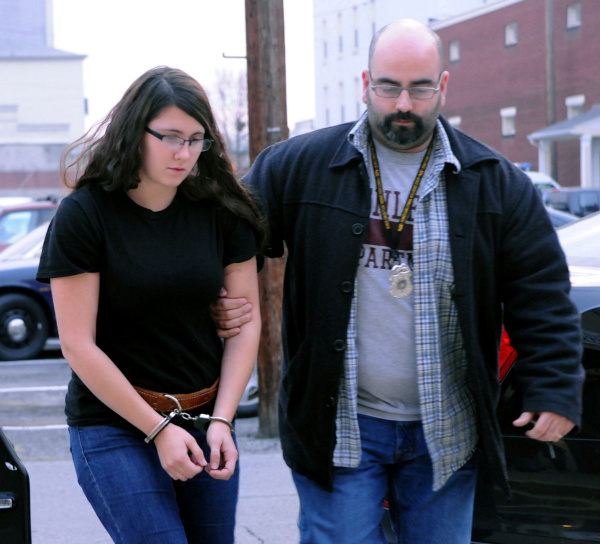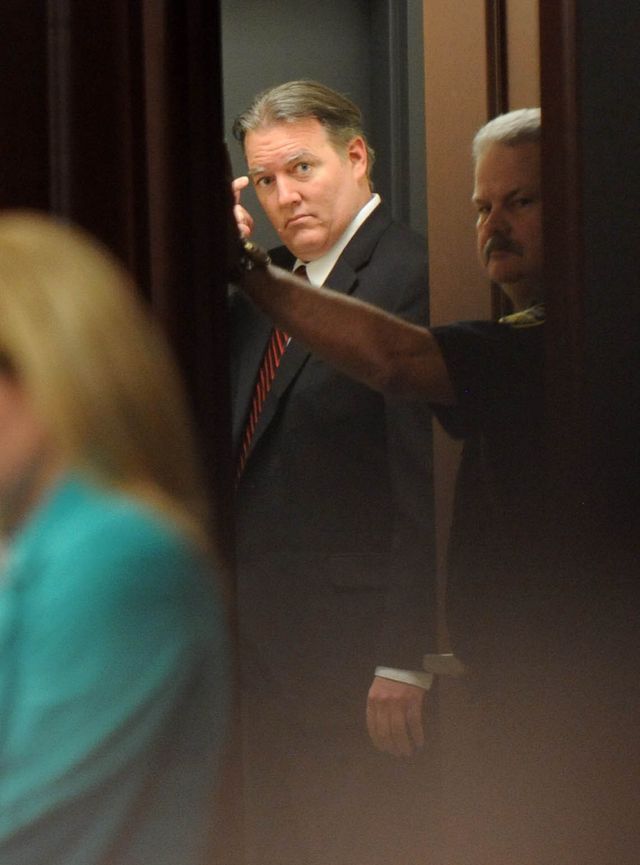
© Scanpix/Denmark/Reuters
Saying it needed to prevent inbreeding, the Copenhagen Zoo killed a 2-year-old giraffe and fed its remains to lions as visitors watched, ignoring a petition signed by thousands and offers from other zoos and a private individual to save the animal.
Marius, a healthy male, was put down Sunday using a bolt pistol, said zoo spokesman Tobias Stenbaek Bro. Visitors, including children, were invited to watch while the giraffe was then skinned and fed to the lions.
Marius' plight triggered a wave of online protests and renewed debate about the conditions of zoo animals. Before the giraffe was killed, an online petition to save it had received more than 20,000 signatures.
But the public feeding of Marius' remains to the lions was popular at Copenhagen Zoo. Stenbaek Bro said it allowed parents to decide whether their children should watch what the zoo regards as an important display of scientific knowledge about animals.
"I'm actually proud because I think we have given children a huge understanding of the anatomy of a giraffe that they wouldn't have had from watching a giraffe in a photo," Stenbaek Bro said in a telephone interview with The Associated Press.
He said the zoo, which now has seven giraffes left, followed the recommendation of the European Association of Zoos and Aquaria to put down Marius by because there already were a lot of giraffes with similar genes in the organization's breeding program.



Comment: Here's the previous article that reported the initial murder by Ms. Barbour and her husband: Newlywed couple found murder victim on Craigslist, police say